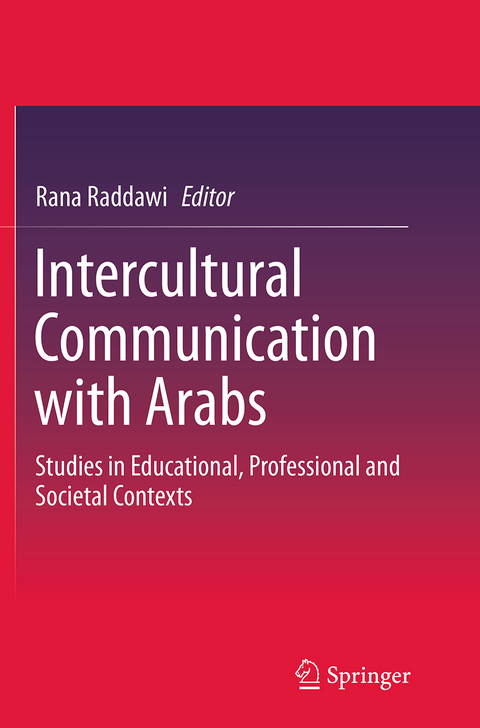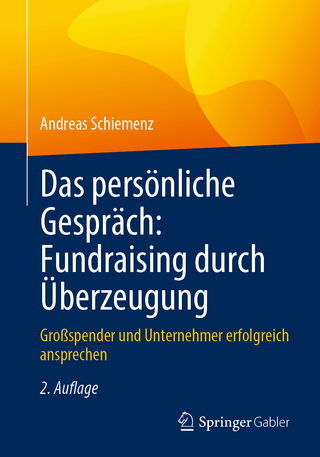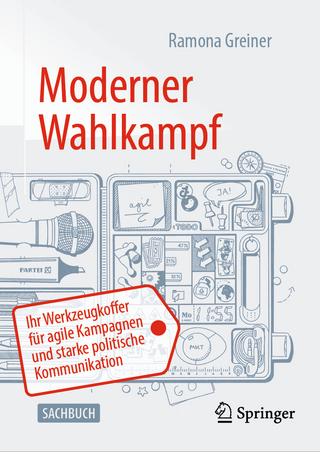
Intercultural Communication with Arabs
Springer Verlag, Singapore
978-981-10-1208-2 (ISBN)
Drawing on current theory, research, and practice, this book will help readers better understand and, as a result, better engage with the Arab world.
Rana Raddawi is Associate Professor in the English Department at the American University of Sharjah. She holds a Ph. D in Translation Studies from ESIT/Sorbonne. She teaches at the graduate and undergraduate levels. She masters five languages and has been teaching Intercultural Communication for more than seven years. She has lived and worked for many years in the West and the Middle East. She is a member of the editorial board of the International Journal of Bilingual and Multilingual Teachers of English (IJBMTE), member of the editorial board of the online Arab World English Journal (AWEJ), member of the Research Review committee of Qatar National Research Fund (QNRF). She is also a Peer Reviewer for American Education and Research Association (AERA)/Paulo Freire SIG, and member of the Review Committee of Global Conference on Education. She has many translations such as Natural Medicine for Flu and Cold (translated into Arabic , 250 pages) and Happiness is a serious problem : a human nature repair manual (translated into Arabic, 315 pages) and publications in her areas of expertise. Her current research interests lie in Intercultural Communication, Critical Pedagogy, Emotional Intelligence in Healthcare, and Gender Empowerment.
Dedication.- Acknowledgements.- Preface.- List of Contributors.- Chapter 1: Introduction.- Part One: Educational Contexts.- Chapter 2: Intercultural communicative styles in Qatar: Greek and Qataris.- Chapter 3: Perceptions of Indians in Oman: Exploring Aspects of Intercultural Communication.- Chapter 4: Intercultural Communication in the Context of Saudi Arab Tertiary Education.- Chapter 5: The Discourse of Global English and its Representation in the Saudi Context: A Postmodernist Critical Perspective.- Chapter 6: Understanding Family Involvement in the Education of Emirati College Students in the United Arab Emirates (UAE).- Chapter 7: Taboo Topics in the ESL/EFL Classroom in the Gulf Region.- Chapter 8: Intercultural Communication and Muslim American youth in US school contexts.- Chapter 9: Night school in Beirut & the Public Sphere: Student Civic Action Rooted in Liberal-Secularism.- Part Two: Professional Contexts.- Chapter 10: Culturally different perspectives of time: Effect on communication in meetings.- Chapter 11: Intercultural (mis) communication In Medical Settings: Cultural difference or Cultural incompetence?.- Chapter 12: The Political TV Interview: Tim Sebastian’s Interview with an Arab - A Venue for Reconciliation or Discord?.- Chapter 13: The Role of “Cyber-Dissent” in Stimulating Democratization in the MENA Region and Empowering Youth Voices.- Chapter 14: The Political Discourse of the Arab Revolution: The Case of Egypt, Tunisia, Libya, and Syria.- Part three: Societal Contexts.- Chapter 15: Impact of Parental Communication Patterns on Arab Women’s Choice of Careers - Case Study: Lebanon.- Chapter 16: Different Cultures, One Love: Exploring Romantic Love in the Arab World.- Chapter 17: In the Zone: Female Athletes and Intercultural Contact in Iraq.- Chapter 18: “Why am I black?” Gendering Hip Hop, and Translocal Solidarities in Dubai.- Chapter 19: Integrating people with disabilities into society in the United ArabEmirates.- Appendix.- Index.
| Erscheinungsdatum | 10.10.2016 |
|---|---|
| Zusatzinfo | XVIII, 358 p. |
| Verlagsort | Singapore |
| Sprache | englisch |
| Maße | 155 x 235 mm |
| Themenwelt | Sozialwissenschaften ► Kommunikation / Medien ► Kommunikationswissenschaft |
| Sozialwissenschaften ► Kommunikation / Medien ► Medienwissenschaft | |
| Sozialwissenschaften ► Politik / Verwaltung ► Europäische / Internationale Politik | |
| Sozialwissenschaften ► Soziologie | |
| Schlagworte | Intercultural communication with Arabs • Intercultural communication with Arabs in business • Intercultural communication with Arabs in education • Intercultural communication with Arabs in healthcare • Intercultural communication with Arabs in media • Intercultural communication with Arabs in politics • Intercultural communication with Arabs in professional contexts • Intercultural communication with Arabs in societal contexts • Intercultural communication with Arabs on couple relationships • Intercultural communication with Arabs on cross-cultures • Intercultural communication with Arabs on parenting styles |
| ISBN-10 | 981-10-1208-3 / 9811012083 |
| ISBN-13 | 978-981-10-1208-2 / 9789811012082 |
| Zustand | Neuware |
| Haben Sie eine Frage zum Produkt? |
aus dem Bereich


